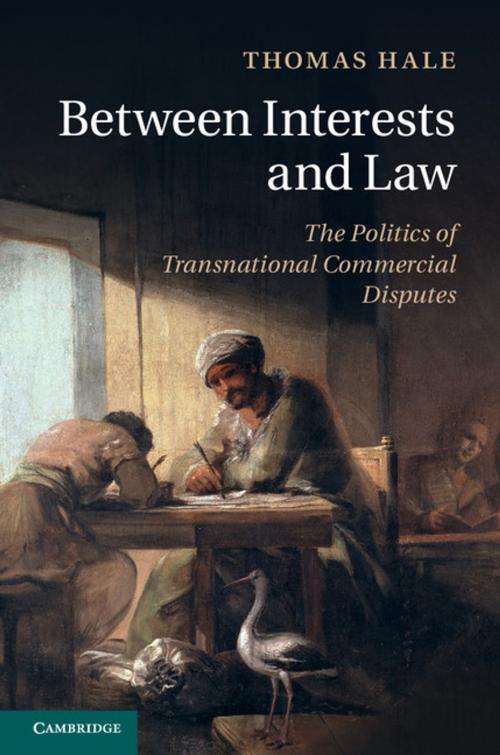Between Interests and Law
The Politics of Transnational Commercial Disputes
Nonfiction, Reference & Language, Law, Arbitration, Negotiation, & Mediation, Social & Cultural Studies, Political Science| Author: | Thomas Hale | ISBN: | 9781316028100 |
| Publisher: | Cambridge University Press | Publication: | August 7, 2015 |
| Imprint: | Cambridge University Press | Language: | English |
| Author: | Thomas Hale |
| ISBN: | 9781316028100 |
| Publisher: | Cambridge University Press |
| Publication: | August 7, 2015 |
| Imprint: | Cambridge University Press |
| Language: | English |
We could not have a global economy without a system to resolve commercial disputes across borders, but the international regime that performs this key role bears little resemblance to other institutions underpinning the global economy. A hybrid of private arbitral institutions, international treaties, and domestic laws and courts, the regime for commercial dispute resolution shows that effective transborder institutions can take a variety of forms. This book offers the first comprehensive social scientific account of this surprisingly effective regime. It maps and explains its evolution since the Industrial Revolution, both at the global level and in the United States, Argentina, and China. The book shows how both political economy approaches and socio-legal theories have shaped institutional outcomes. While economic interests have been the chief determinants, legal processes have played a key role in shaping the form institutions take. The regime for commercial dispute resolution therefore remains between interests and law.
We could not have a global economy without a system to resolve commercial disputes across borders, but the international regime that performs this key role bears little resemblance to other institutions underpinning the global economy. A hybrid of private arbitral institutions, international treaties, and domestic laws and courts, the regime for commercial dispute resolution shows that effective transborder institutions can take a variety of forms. This book offers the first comprehensive social scientific account of this surprisingly effective regime. It maps and explains its evolution since the Industrial Revolution, both at the global level and in the United States, Argentina, and China. The book shows how both political economy approaches and socio-legal theories have shaped institutional outcomes. While economic interests have been the chief determinants, legal processes have played a key role in shaping the form institutions take. The regime for commercial dispute resolution therefore remains between interests and law.















